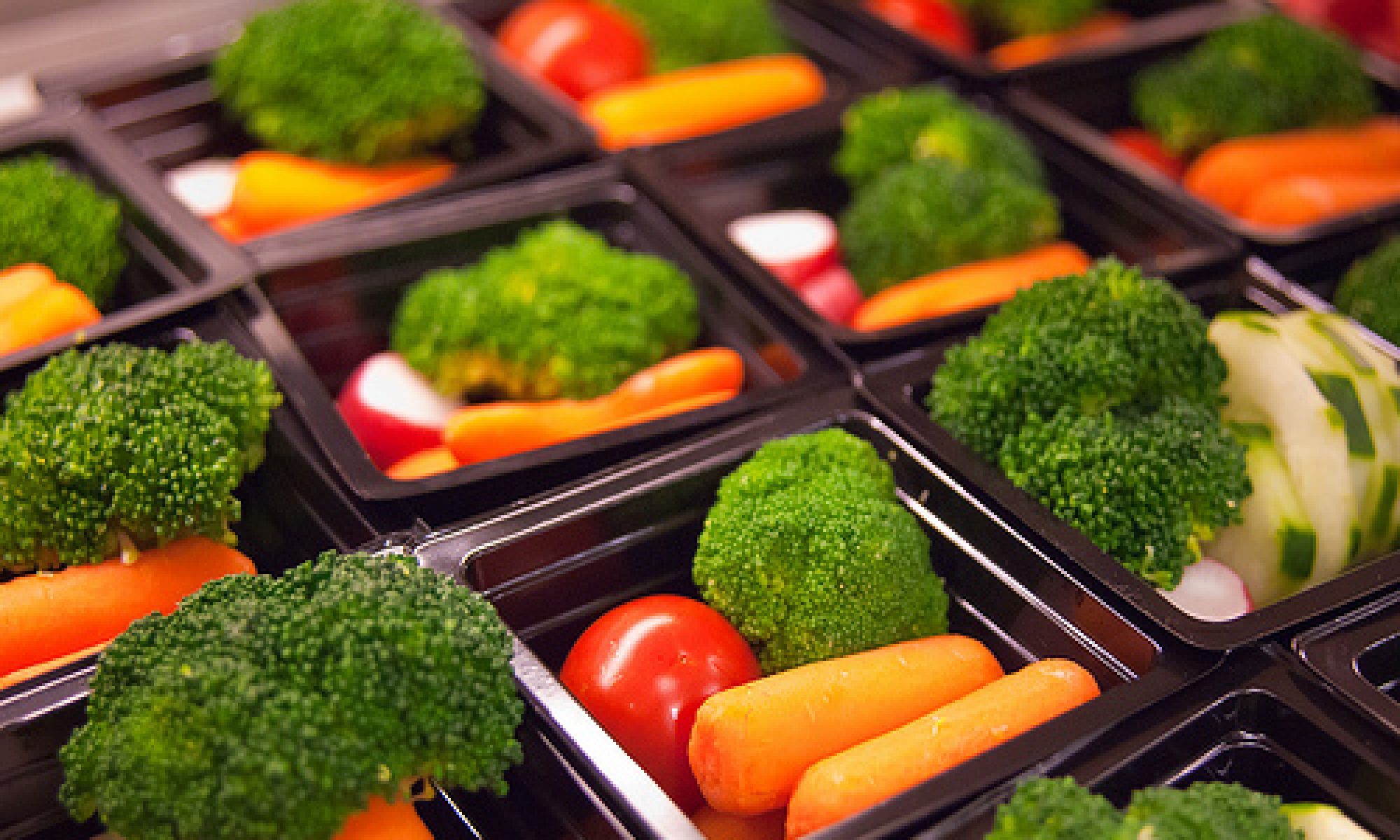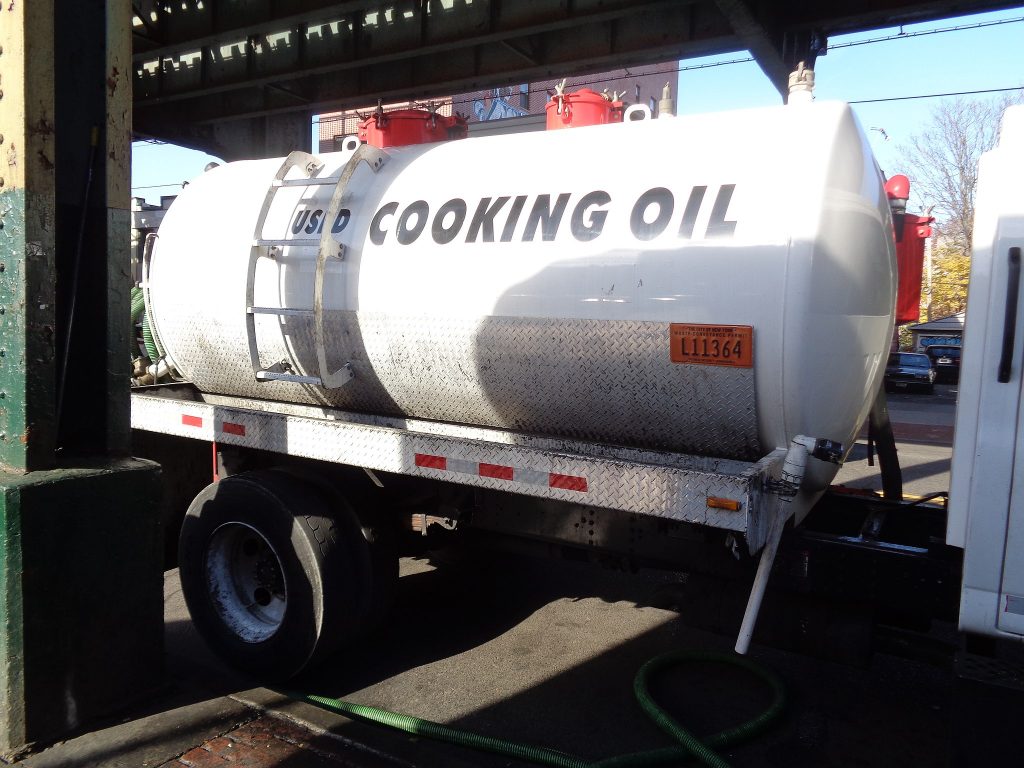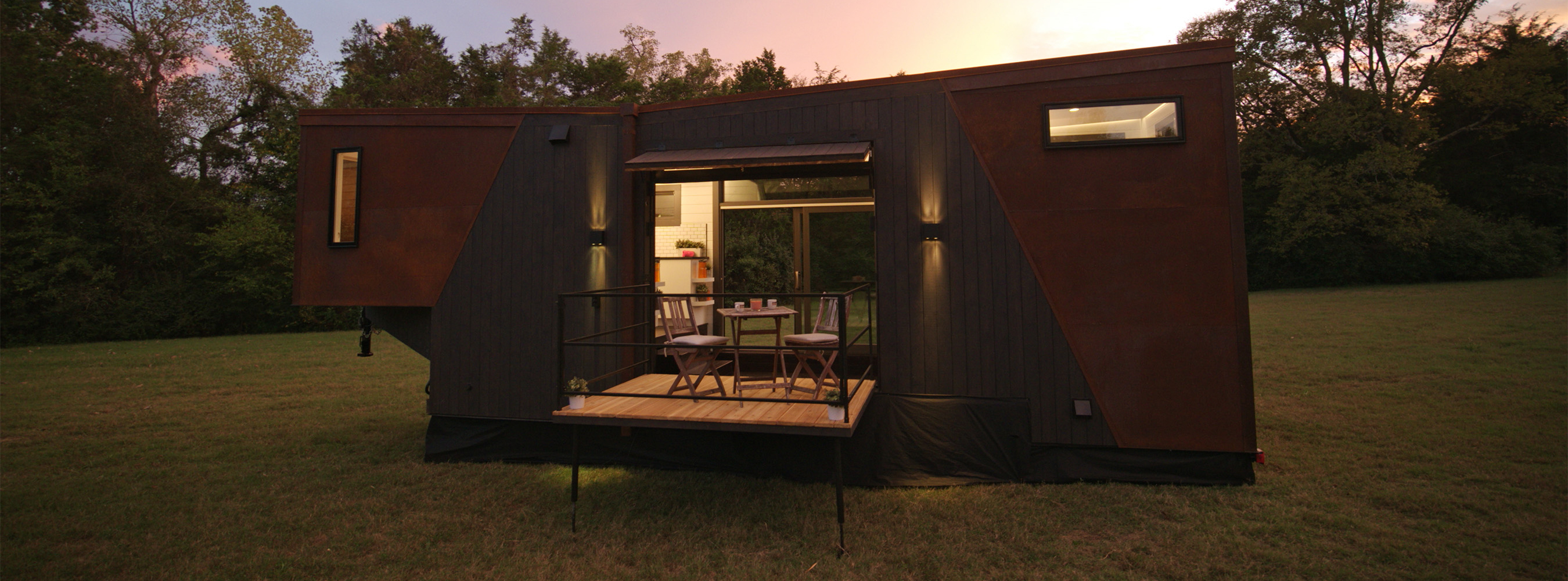ReFED, a multi-stakeholder nonprofit organization which takes a data-driven approach to formulating and advocating for food waste solutions in the US, will be introducing new resources and data during a series of webinars next week.
The same presentation will be given on February 2, 3, and 4, 2021, at 12:00 Central Time. You may register to attend one of these presentations at https://refed.zoom.us/webinar/register/WN_VB5upTxQQV20v_SoLqmDWQ?timezone_id=America%2FChicago.
According to ReFed:
“We’re introducing two new resources that can help the food system cut food waste in half by the year 2030 – plus we’ll be releasing new data showing the extent and impact of food waste in the U.S. over the last ten years.
ReFED’s Roadmap to 2030: Reducing U.S. Food Waste by 50% looks at the entire food supply chain and identifies seven key action areas for the food system to focus its food waste reduction efforts. It also includes a detailed financial analysis to help direct the private, public, and philanthropic capital investments needed to fund them.
Our Insights Engine is an online hub for data and solutions that can help you bring a food waste reduction initiative to life, including:
– A granular analysis of food waste by sector, state, food type, cause, and impact built from more than 50 public and proprietary datasets;
– A detailed cost-benefit analysis of more than 40 food waste reduction solutions; and
– A directory of more than 700 organizations ready to partner on food waste reduction initiatives.
Food waste is a solvable problem. Join us in February to jumpstart your food waste reduction efforts – and help achieve our 2030 reduction goal.”
Register at https://refed.zoom.us/webinar/register/WN_VB5upTxQQV20v_SoLqmDWQ?timezone_id=America%2FChicago.
Learn More
ReFed: The Roadmap to Reduce US Food Waste



